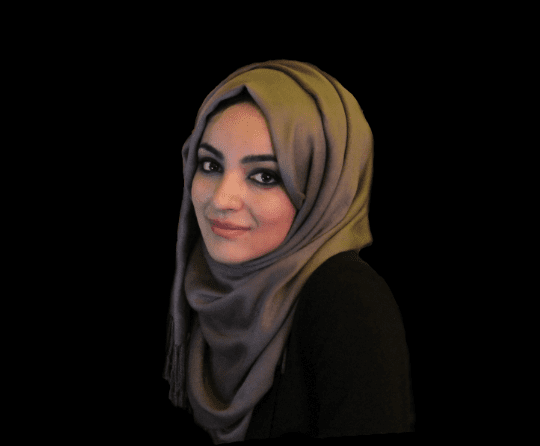Sudan’s residents woke up on Saturday 15 April to the sounds of gunfire and explosions as intense fighting broke out in several parts of the country between its two most powerful military components, the Sudanese army and the powerful paramilitary Rapid Support Forces (RSF).
Two military men lie at the heart of this stand-off, which comes against the backdrop of a proposed transition to civilian rule in Sudan; the head of the army and Sudan’s de facto President General Abdel Fattah Al-Burhan, and his deputy and leader of the RSF, General Mohamed Hamdan Dagalo, also known as Hemedti.
Two military forces
The military has been a dominant force in Sudan since independence in 1956 and draws its power from its control of lucrative military holdings in various industries, from agriculture to trade.
The Rapid Support Forces (RSF) is a powerful former militia which was formed as a counterinsurgency force in 2013 during the conflict in the Darfur region. It is the successor of the Janjaweed militia and has been widely accused of numerous human rights abuses and crimes against humanity. Sudan’s former long-time leader Omar Al-Bashir recognised the RSF, led by Hemedti, as a military force. And it has since amassed great power and influence.
ex-Qatar PM: External interferences caused Sudan war
Power struggle ensues
In 2019, a popular uprising led to the removal of Al-Bashir who had been in power for nearly 30 years and a Transitional Military Council (TMC), led by Al-Burhan with Hemedti as his deputy, took control of the country. A power struggle over the country’s transition to civilian rule has since ensued.
Mass protests calling for democracy and civilian rule broke out and were met by a heavy crackdown. In June, more than 100 protesters were killed in a massacre the RSF is thought to be responsible for.
Following the protests, in August 2019, a power-sharing agreement was signed and a joint military-civilian transitional government was established. But a coup by the army and the RSF in October 2021 put the military back in charge.
![Smoke rises as clashes continue in the Sudanese capital on April 16, 2023 between the Sudanese Armed Forces and the paramilitary Rapid Support Forces (RSF). [Mahmoud Hjaj - Anadolu Agency]](https://i0.wp.com/www.middleeastmonitor.com/wp-content/uploads/2023/04/AA-20230416-30872560-30872559-CLASHES_CONTINUE_IN_SUDAN-scaled-e1681730428376-500x333.jpg?resize=500%2C333&ssl=1)
Smoke rises as clashes continue in the Sudanese capital on April 16, 2023 between the Sudanese Armed Forces and the paramilitary Rapid Support Forces (RSF). [Mahmoud Hjaj – Anadolu Agency]
The Sudanese people took to the streets to protest against military rule and call for a civilian-led transition and democratic elections.
In December 2022, a Political Framework Agreement was signed between the Sudanese civilian leaders and the military, aiming to initiate the process of establishing a civilian-led government. This agreement was considered a first step towards a final political agreement but talks to finalise the details, particularly those relating to security and military reforms, have failed.
Disagreements between Al-Burhan and Hemedti intensified over the integration of the powerful 100,000-strong RSF, which operates under a special law and has its own chain of command, into the regular army and the civilian demand for oversight of the military.
The signing of the final political agreement was initially scheduled for 1 April but was postponed before the clashes between the army and the RSF broke out, with the army trying to establish its authority over all the country’s military forces and the RSF working to consolidate power and maintain its independence, influence and resources.
The ongoing conflict threatens to derail the process of handing over power to a civilian-led government. As the two sides vie for control and supremacy, the country’s future political landscape hangs in the balance.
READ: Sudan minister loses 2 family members after missile strikes his home in Khartoum











